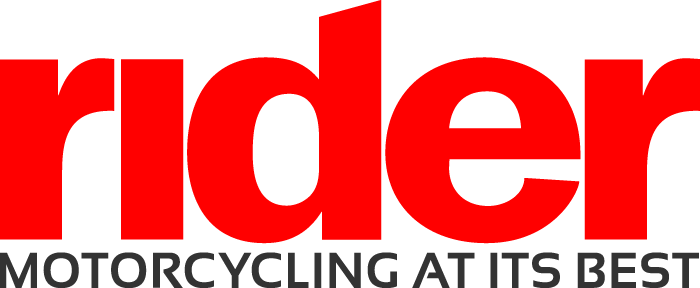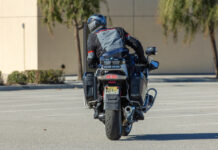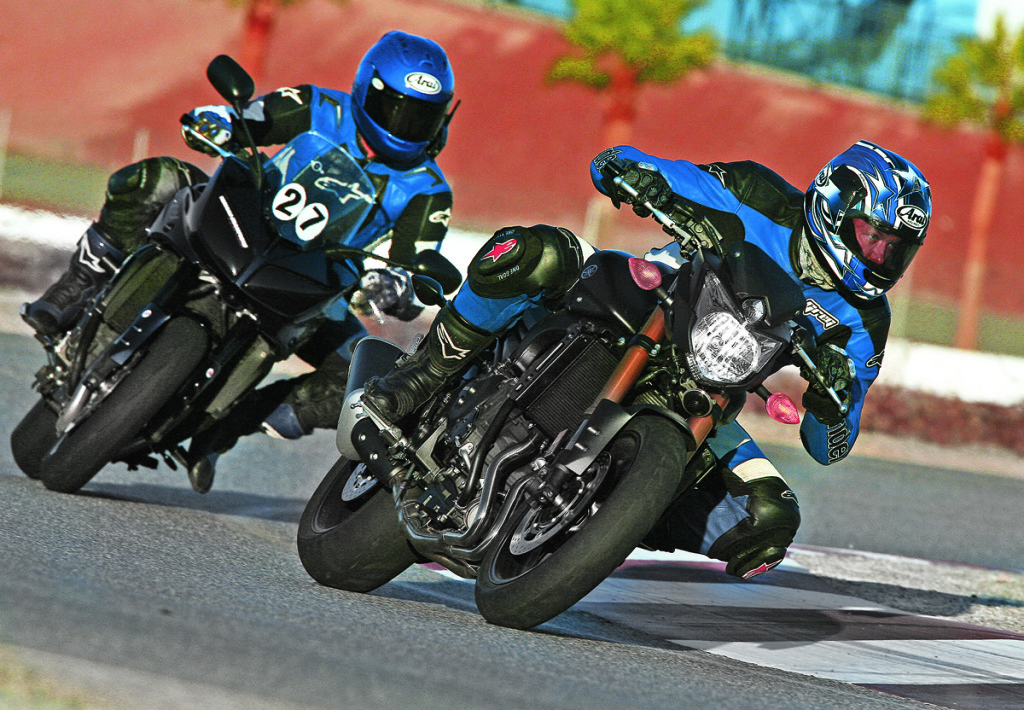
I’ve got a confession to make. I crashed several test bikes during my first couple of years at Rider. Sure, I could B.S. you with tired clichés like, “If you don’t crash once in a while, you’re not trying hard enough” or “It wasn’t me, it was the bike,” but the plain and simple truth is, I made mistakes. When I attended the two-day Yamaha Champions Riding School at Las Vegas Motor Speedway, I could have sworn that Nick Ienatsch, lead instructor and founder of YCRS, knew my dirty little secret. On the first day he outlined Four Reasons We Crash, and I had been guilty of each and every one: 1) lack of focus, 2) abruptness, 3) rushing the entry and 4) repeating a mistake.
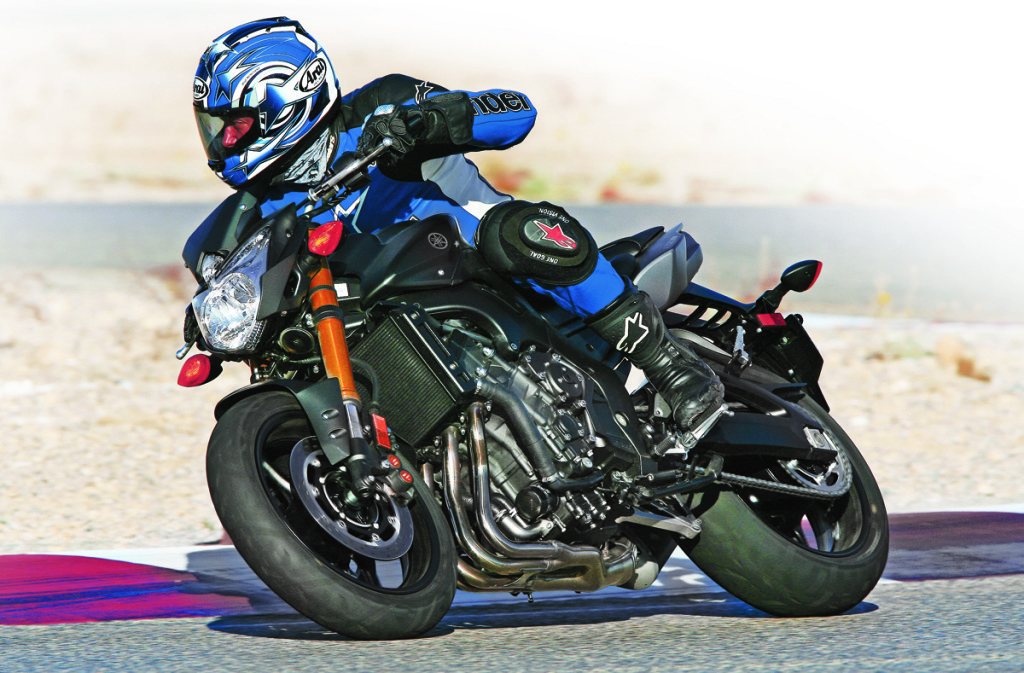
I didn’t go to YCRS to learn how to race, though learning how to circulate a track faster with confidence certainly helps me do my job. I went to YCRS to identify—and break—my bad habits, and to learn good ones. Before going to Las Vegas, I read Ienatsch’s well-written book, Sport Riding Techniques: How to Develop Real World Skills for Speed, Safety and Confidence on the Street and Track. The most useful concept in the book—emphasized repeatedly at YCRS—is that, in any given situation, we have 100 points of traction available. When we turn, we lean, and when we lean, we must divide those 100 points between cornering points and braking (or throttle) points. The goal is to operate a motorcycle’s controlling devices—throttle and brakes—with finesse and precision, adding or subtracting just a few points at a time to stay under the 100-point limit. And we must also adjust our 100-point scale to account for cold tires, old tires, rain or other factors.
You can certainly learn to become a “champion” at Yamaha Champions Riding School, but that word best refers to the coaches, each of whom has won championships, from the regional to international level. Our 20-student class had the honor of learning from Scott “Mr. Daytona” Russell, a YCRS guest instructor who’s a five-time Daytona 200 winner and former AMA Superbike and World Superbike champion. What the instructors teach at YCRS works, and they have the credentials to prove it.
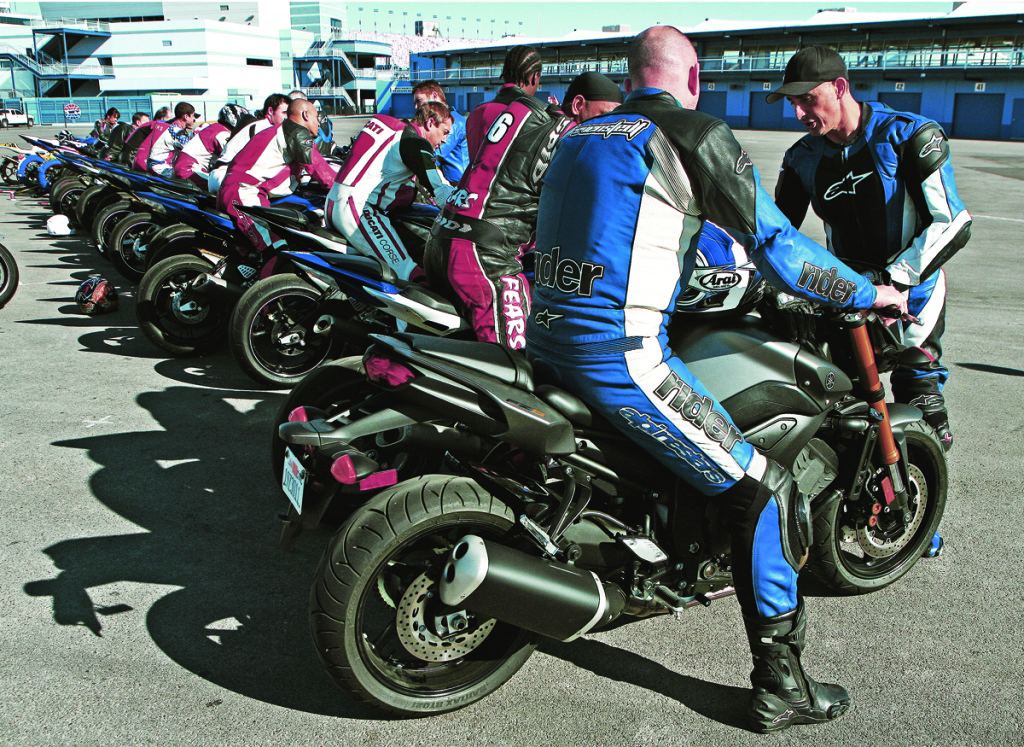
The most illuminating habit I picked up at YCRS is trail braking, usually considered an advanced technique that’s not taught at some track schools, perhaps due to concern that advising inexperienced riders to brake while leaned over in a turn is a recipe for disaster. But fearfully sticking to the brake-then-lean orthodoxy was the cause of one of my crashes, when I let off the brakes too abruptly going into a corner, unloaded the front tire and low-sided. Had I let go of the front brake lever gradually, a few points at a time, keeping the fork compressed, the front tire loaded and the bike’s steering geometry tight as I leaned into the turn, I probably would have saved myself a lot of embarrassment and frustration (the crash happened at another track school, from which I had to go home a day early with a busted bike).
Related: 2011 Yamaha FZ8 | Road Test Review
The Four Reasons We Crash represent the most common bad habits: not paying attention to what’s going on around us; ham-fistedly stabbing, grabbing and flicking the controls or handlebar; trying to make up time in the wrong place; and doing the same foolish thing over and over. It’s better to rely upon skill than luck. In place of these bad habits, YCRS instructors teach champion’s habits—those which the world’s best riders have worked tirelessly to perfect, allowing them to turn laps consistently at speed in a safe, controlled manner. Habits such as braking until you are happy with your speed, loading the tire before working the tire and having a plan in mind. Dozens of such habits were woven together in a practical, sensible way that formed the foundation of a winning riding philosophy, on the track or the street.
The two days at YCRS are long, 9 or 10 hours each packed with classroom time, plenty of laps around the track, one-on-one coaching and on-track video critiqued by instructors. My brain and body were tired at the end of each day, but I was also keyed up with excitement about learning the best habits from the best riders. YCRS will set you back $2,295 for two days or $3,395 for three, which includes use of a Yamaha R6, FZ6R, FZ1 or FZ8 (you can ride your own bike, but only if it’s a Yamaha; liability insurance and gear rental are extra). Not cheap, but if it spares you one crash it’s worth it.
For more information about Yamaha Champions Riding School, visit RideLikeAChampion.com.
